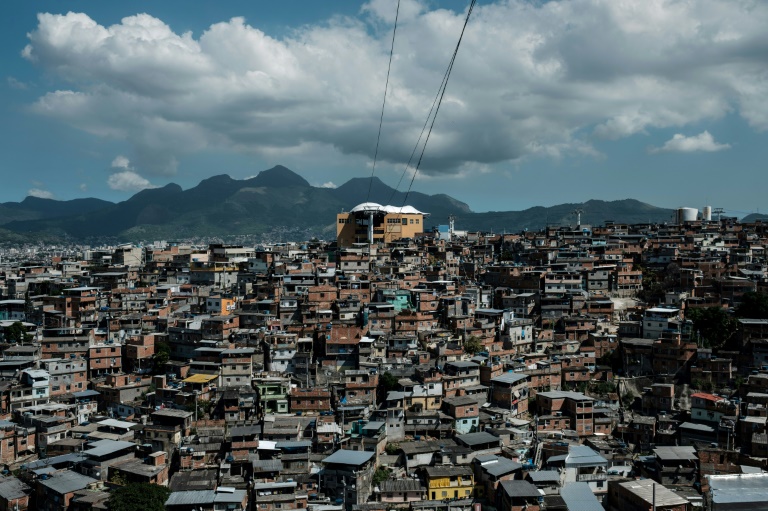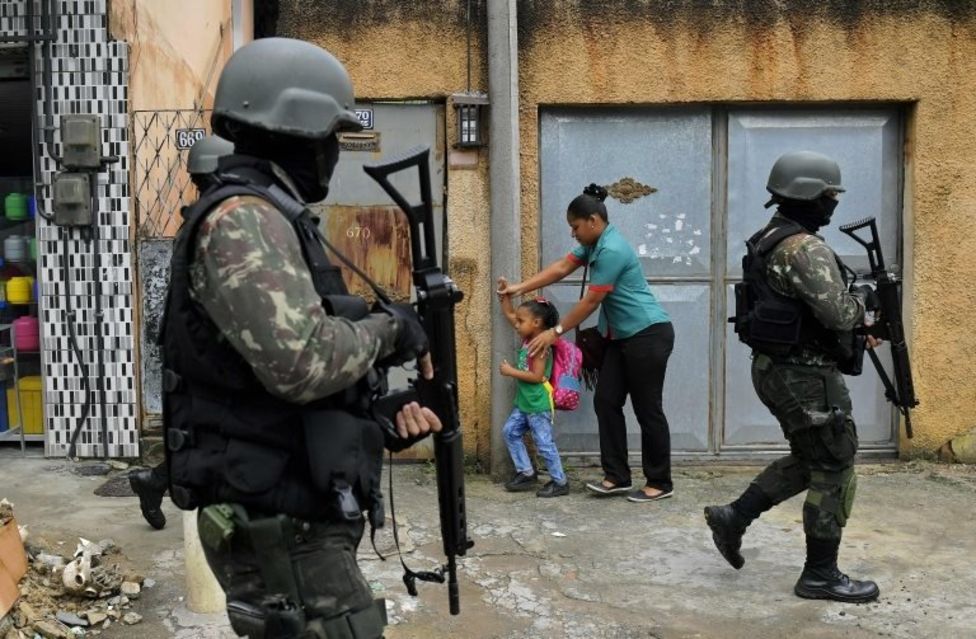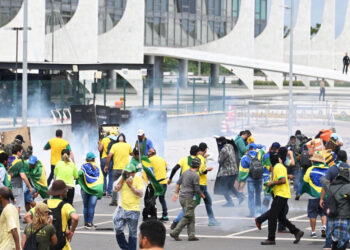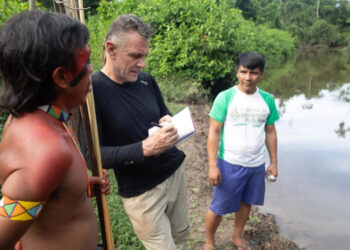In February, Brazil’s President Michel Temer ordered the military to take over the public security in Rio de Janeiro. The decision followed the increasing levels of violence in the country’s most famous city: the murder rate hit 40.4 per 100,000 inhabitants in 2017, about seven times higher than the global average.
Despite the intervention, Rio’s situation has not shown improvement. Organized crime continues to be a problem. Human rights organizations have voiced their concerns about the military operations and the number of civilian deaths they result in. In the first six months after the military took over, shootings increased by at least 40 percent.
Two-and-a-half weeks ago, Rio’s crime war hit a bloody crescendo. A military operation with 4,200 members of the armed forces, helicopters, and armored trucks, resulted in the death of at least 14 people. While there were no civilian casualties confirmed, shots from helicopters could have killed innocent civilians.
The operation could mark a turning point: the conflict between the state forces and criminal organizations is no longer contained and is now affecting the civilian population living in the slums. The military used to be very careful in avoiding face to face clashes with criminals, but the latest operation shows that this policy might have changed.
Governance of Favelas
The intervention tries to solve a problem that requires stronger and deeper action, as the real problem lies in the governance of the favelas, Brazil’s sprawling slums. In Rio’s biggest favelas, where over 2 million people live, an alternative order has been built. For decades, the Brazilian state has neglected these areas and did not provide it with public goods such as water, electricity, and healthcare. Because of the lack of state presence, powerful criminal organizations have taken control.
They colonized the areas where the state was absent and became the “owners” of the territory. By providing the population of the favelas with the goods they need, like water and electricity, people legitimized their control.
Brazil has become a country where the government no longer has the monopoly on tax collection. In the favelas, the criminal organizations charge people for the services they provide. The gangs are the ones that hold power here.

What appears to be a localized problem that the government tries to solve by military intervention is, in reality, a problem of institutional weakness: lack of support for the government and lack of recognition of the state’s and police’s legitimacy. Military intervention should be a government’s last resort to win back authority over its territory.
In other words, Rio de Janeiro’s intervention is an outcome of the government’s weakness. In an effort to appear strong and pro-active, the government has resorted to force. While other cities are more violent, Rio is the window through which the world looks at Brazil, making it essential for the government to solve the violent situation.
The decree that was signed in February allowing the military to take over public security in Rio will end on December 31. The government does not seem to be willing to renew it, mainly because the intervention did not seem to resolve the issue. Violence did not end, and the government did not win its power or legitimacy back.
The government needs to solve the problem from the root by representing the real interest of civil society. Officials need to have greater engagement on the ground level to avoid criminal organizations taking the government’s place. Otherwise organized crime will continue to grow resulting in the state losing even more control. It is necessary to design a plan to rebuild confidence in stronger institutions. It will take some time, but it is the only way to protect citizens in the long run.
Disclaimer: The views and opinions expressed here are those of the author and do not necessarily reflect the editorial position of The Globe Post.




















